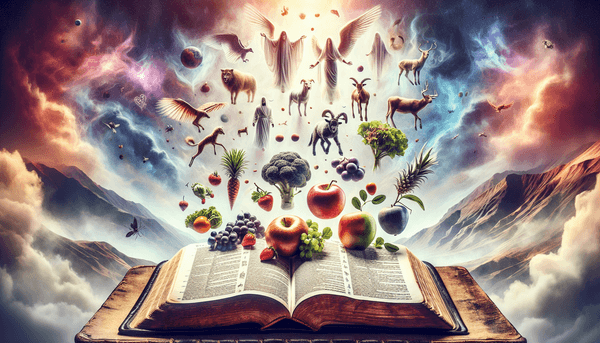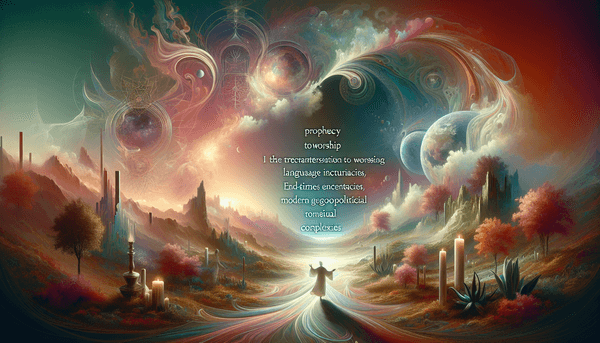Dietary Laws and the Consumption of Pork
The consumption of pork is a topic of significant debate, often rooted in the dietary laws outlined in the Old Testament. Leviticus 11:7-8 declares pork to be unclean for the Israelites, not to be eaten or even touched. These laws held deep cultural and religious significance, distinguishing the Israelites from their neighbors. However, the New Testament presents a shift in perspective. In Acts 10:10-15, Peter’s vision reveals that God has cleansed all foods, eliminating the need for such dietary distinctions in Christ. This dramatic change reflects the broader spiritual truth that in Christ, cultural and ceremonial laws are fulfilled, as evidenced by Jesus' declaration in Mark 7:18-19 that all foods are clean. Paul's writings in Romans 14:14-17 and 1 Corinthians 10:31 urge believers to respect individual convictions regarding dietary choices while emphasizing that the kingdom of God is not a matter of eating and drinking, but of righteousness and peace. Colossians 2:16 and 1 Timothy 4:3-5 further encourage believers to enjoy God's creation without judgment or false piety.
The Mark of the Beast and End Times
The book of Revelation, rich with symbolism and apocalyptic imagery, introduces the perplexing concept of the 'mark of the beast.' Revelation 13:16-17 describes a mark that will be required to buy or sell, stirring much speculation about its nature and timing. Interpretations vary, with some seeing it as a literal mark and others as a symbolic representation of allegiance to anti-God powers. The Bible warns believers to be vigilant and discerning, as Matthew 24:4-5 speaks of deception in the end times. Theological perspectives diverge on the exact timing and manifestation of this mark, but the call to faithfulness remains constant, as seen in 1 John 2:18, which reminds us of the last hour and the presence of antichrists. Revelation 20:4 offers hope, highlighting those who have not received the mark and will reign with Christ. The admonition in 2 Thessalonians 2:9-12 to love the truth underlines the importance of spiritual integrity over fear of end-time events.
FAQ
Q: Does the Bible say animals go to heaven?
A: The Bible does not specifically address whether animals go to heaven, but it speaks of a future restoration of all creation, including animals (Romans 8:19-22).
Q: What does the Bible say about eating pork?
A: In the Old Testament, pork is considered unclean (Leviticus 11:7-8), but the New Testament suggests that dietary restrictions are no longer necessary in Christ (Acts 10:10-15).
Q: Are Christians bound by Old Testament dietary laws?
A: New Testament teachings indicate that Christians are not bound by Old Testament dietary laws (Mark 7:18-19, Romans 14:14-17, 1 Corinthians 10:31).
Q: What is the mark of the beast in Revelation?
A: The mark of the beast, as described in Revelation 13:16-17, is a symbol of allegiance to the beast and is associated with economic control, although interpretations vary.





